Home » Tipping in Egypt – A Piece of Advice
Tipping in Egypt – A Piece of Advice
Sometimes people complain when it comes to tipping: “Why should I pay extra when I already paid for the service?”
In Egypt, waiters and lower-level hotel staff receive very low salaries, and the tips they get from customers are considered part of their income. Therefore, tipping culture in Egypt is very strong, encouraging staff to provide the best possible service to every guest.
It’s also worth remembering the cultural and symbolic meaning of tipping. Small amounts given to workers are called backsheesh and are welcomed as a sign of appreciation for good service. Tipping is also a form of support for the local community.
Keep in mind that what seems like a small amount to you can be significant for Egyptians and help them complete their monthly budget.
Of course, tipping should not be confused with charity. You shouldn’t overdo it – it’s simply a polite service fee.
Tipping in Egypt – Which Currency?
It’s better to give tips in the local currency, i.e., Egyptian Pounds (LE), or possibly in US Dollars.
If you give tips in dollars, prepare small bills such as $1, $2, $5, $10, or a maximum of $20. For the recipient, the currency doesn’t matter – what matters is that you tip.
Who Gets Tips in Egypt?
In Egypt, where tipping is a well-established practice, many service providers expect tips.
The most common people to tip are:
- Waiters in restaurants and cafés
- Hotel staff, especially porters and housekeeping
- Bartenders
- Nile cruise crew
- Bus drivers during tours
- Local Egyptian tour guides
- Staff at Egyptian monuments, Coptic churches, mosques, and museums (when they show you details or help you in any way)
- People opening doors, showing directions, or taking photos for you
- Restroom attendants
- SPA employees
- Supermarket packers (for larger shopping trips – 5–10 LE / $1)
- Gas station staff (fueling, cleaning windows, checking tire pressure – 5–10 LE / $1)
How Much to Tip in Egypt?
Tipping is usually a small amount, depending on the person and the service received.
Restaurants
- In upscale restaurants and cafés, a service charge (10–15%) is automatically added to the bill, but this goes to the establishment, not the waiter, so you should tip your waiter extra.
- In places without a service charge, tipping is at your discretion; usually, 12% or more is expected.
Hotels
- Porter: 100 LE ($1–2) per bag
- Housekeeping: 100 LE ($1–2) per night
- Waiter: 100 LE ($1–2) per meal
Drivers and Tour Guides
- Full-day driver: about 500 LE
- Half-day driver: about 600 LE
- Full-day private guide: about 1000 LE
- Half-day private guide: about 1500 LE
- Restroom attendants: 5–10 LE
Hairdresser, SPA, and Gym Staff
- Between 10% and 15%, depending on satisfaction
Tipping on a Nile Cruise
During a Nile Cruise, around 60 people work on the ship, though you may only see 5–9 of them directly. It’s not fair to tip only those you see and forget about the others.
Therefore, all tips should be given at the end of the cruise, not individually. Tips are placed in an envelope, labeled with the amount, and handed to the ship’s reception. They are then distributed evenly among all staff.
- Recommended amount: about $10 per person per night
- Example: Two people on a 5-night cruise = $10 × 2 × 5
Some travel agencies may include tips for the ship’s staff in the price of an all-inclusive Egypt package.
Should You Tip Taxi Drivers in Egypt?
In Egypt, it’s not customary to tip taxi drivers. The price is agreed upon before the trip, and the tip is usually included.
However, if the traffic is heavy, or the driver shares cultural insights or is particularly friendly, you can always round up the fare as a gesture of appreciation.




